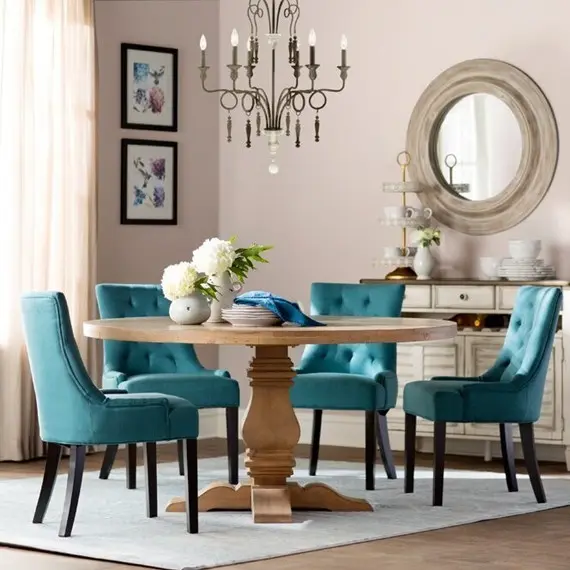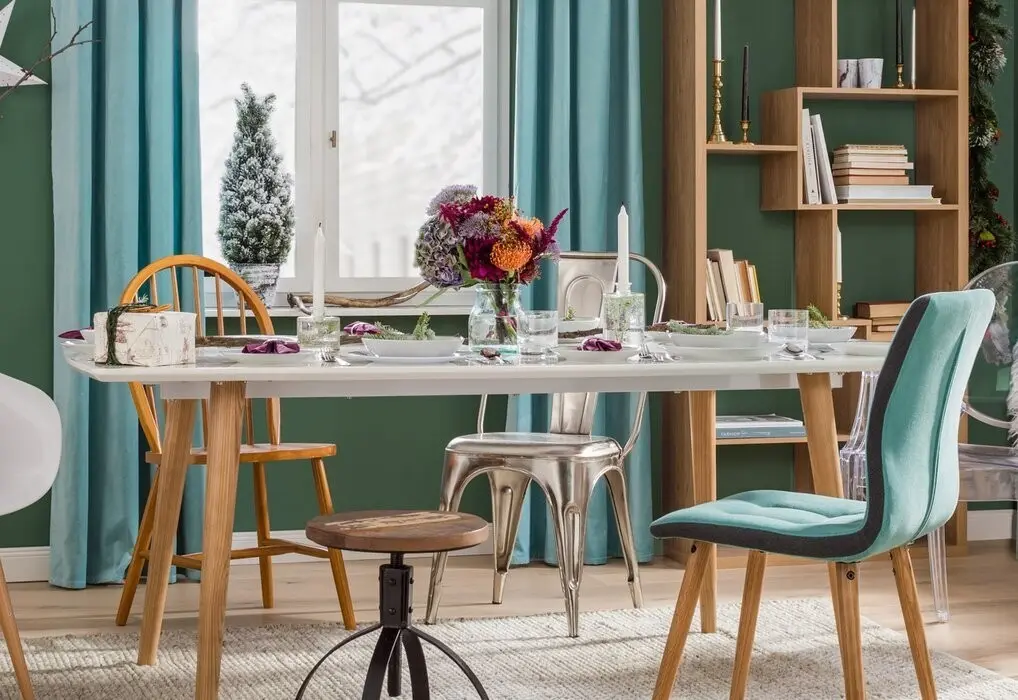In the intricate tapestry of Chinese culture, the art of Feng Shui plays a pivotal role, particularly in the realm of domestic living. Feng Shui, often translated as “wind and water,” is a philosophy that explores the flow of energy, or “qi,” within the environment, seeking to align objects and spaces in harmony with the natural laws of the universe. It postulates that by manipulating this energy, positive energy, or “chi,” can be attracted, leading to improved health, wealth, and overall well-being.
The concept of feng shui in the home extends beyond mere decoration; it involves an understanding of spatial relationships and the flow of energy in a given space. A well-designed home can not only enhance the quality of life but also positively impact a family’s fortune and prosperity.

Feng shui, an ancient Chinese practice, believes that the arrangement and orientation of objects and spaces in the home can influence one’s luck and well-being. This philosophy has been practiced for centuries and is still popular today.
The layout of the home is crucial in feng shui. The entryway should be well-lit and free of clutter to welcome positive energy. The living room, the heart of the home, should have open space to promote harmony. Bedrooms should be located in the positive energy flow to ensure restful sleep.
The positioning of key elements within a dwelling is paramount. The entranceway, for instance, is considered the “mouth of chi,” and hence must be well-maintained and clear of clutter. Obstructing the entranceway can stifle the flow of positive energy into the home. Similarly, the bedrooms and kitchen—where much of a family’s life takes place—should be well-ventilated and free of stagnant corners.


Color plays a significant role in feng shui. Using colors associated with positivity, such as red or green, can enhance fortune. Materials like wood, water, and earth are considered beneficial while those made of metal or fire can have the opposite effect.
Color plays a significant role in feng shui, with each hue representing different energetic properties. The color red, for instance, is associated with fire and passion, promoting energy and enthusiasm. It can be beneficial in the bedroom if used sparingly. In contrast, the color blue is associated with water, symbolizing calmness and peace. It is often recommended for use in kitchens or dining areas to promote harmony within the family.
The placement of furniture is also essential. Chairs or beds should never be aligned with open doorways or windows, as this creates a “cutting off” effect, draining energy from the occupants. Furniture should also not be placed under hanging lamps or high ceilings, as this can create a feeling of being “chained down” or “held captive.”
Moreover, the use of certain elements like plants, mirrors, and crystals can also influence feng shui. Plants are known to attract positive energy and enhance the air quality, while mirrors are believed to reflect and multiply energy. Crystals, on the other hand, are thought to hold specific energetic properties that can balance or align energy flows. Plants are a natural way to introduce positive energy and balance into a home. Water features, such as fish tanks or fountains, are also believed to have a calming and cleansing effect.
The kitchen is considered the source of energy in the home and should always have a clear flow of positive energy. The stove should not face the entryway, and the sink should not be in the path of energy flow. Placing salt or spices in strategic places can help enhance energy.
In conclusion, while feng shui may seem like an esoteric practice steeped in ancient traditions, its principles can offer valuable insights into creating a harmonious and energetically balanced home environment. By understanding these principles and implementing them into our daily lives, we can not only improve our quality of life but also potentially enhance our overall fortune.

